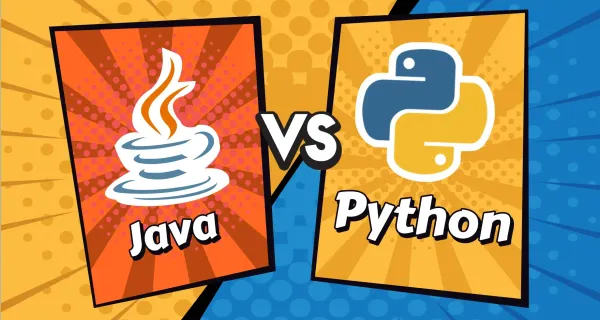Revision, Doubt and Practice (RDP -2)

1. Motion Blocks & Events (Class 5 Recap)
Glide Random Block
- Definition: Moves a sprite smoothly to a random location over a set duration.
- Why use it?
- Creates natural movement in animations and games.
- Adds randomness to sprite behavior.
- Example: Making a ball move to different places randomly.
Point in Direction Block
- Definition: Rotates a sprite to face a specific direction before moving.
- Directions in Scratch:
- 0° → Up
- 90° → Right
- 180° → Down
- -90° → Left
- Example: Making a sprite change direction when clicked.
Events: Green Flag & Mouse Click
- Definition: Allows sprites to respond to user interactions.
- Why use it?
- Makes animations interactive.
- Helps trigger actions in Scratch projects.
- Example: A sprite moves to a random position when clicked.
2. Keypress Events & Say Block (Class 6 Recap)
Keypress Events
- Definition: A sprite follows an action when a key is pressed.
- Why use it?
- Makes games interactive by allowing keyboard controls.
- Useful for sprite movement and other actions.
- Example: Moving a sprite using arrow keys.
Say and Think Blocks
- Definition:
- Say Block: Displays a speech bubble (timed or non-timed).
- Think Block: Displays a thought bubble (timed or non-timed).
- Why use them?
- Helps create dialogues in animations.
- Makes characters more expressive.
- Example: A sprite introduces itself when clicked.
Doubt Session
- Allow students to ask questions about any previous concepts.
- Discuss common mistakes (e.g., sprite not moving, incorrect directions).
- Provide live debugging assistance for students facing issues with their Scratch projects.
Practice Project: Interactive Moving Character
Objective:
Create a character that moves using keypress events, speaks when clicked, and glides randomly when the spacebar is pressed.
Steps to Create the Project:
- Choose a sprite (e.g., a cat, robot, or a person).
- Set the initial position: Move the sprite to the starting point.
- Enable movement using keypress events:
- Make the sprite talk using Say Blocks:
- Make the sprite glide randomly when the spacebar is pressed:
- Run the project and test interactions.
✅ Expected Outcome: The sprite moves with arrow keys, talks when clicked, and glides randomly when the spacebar is pressed.



